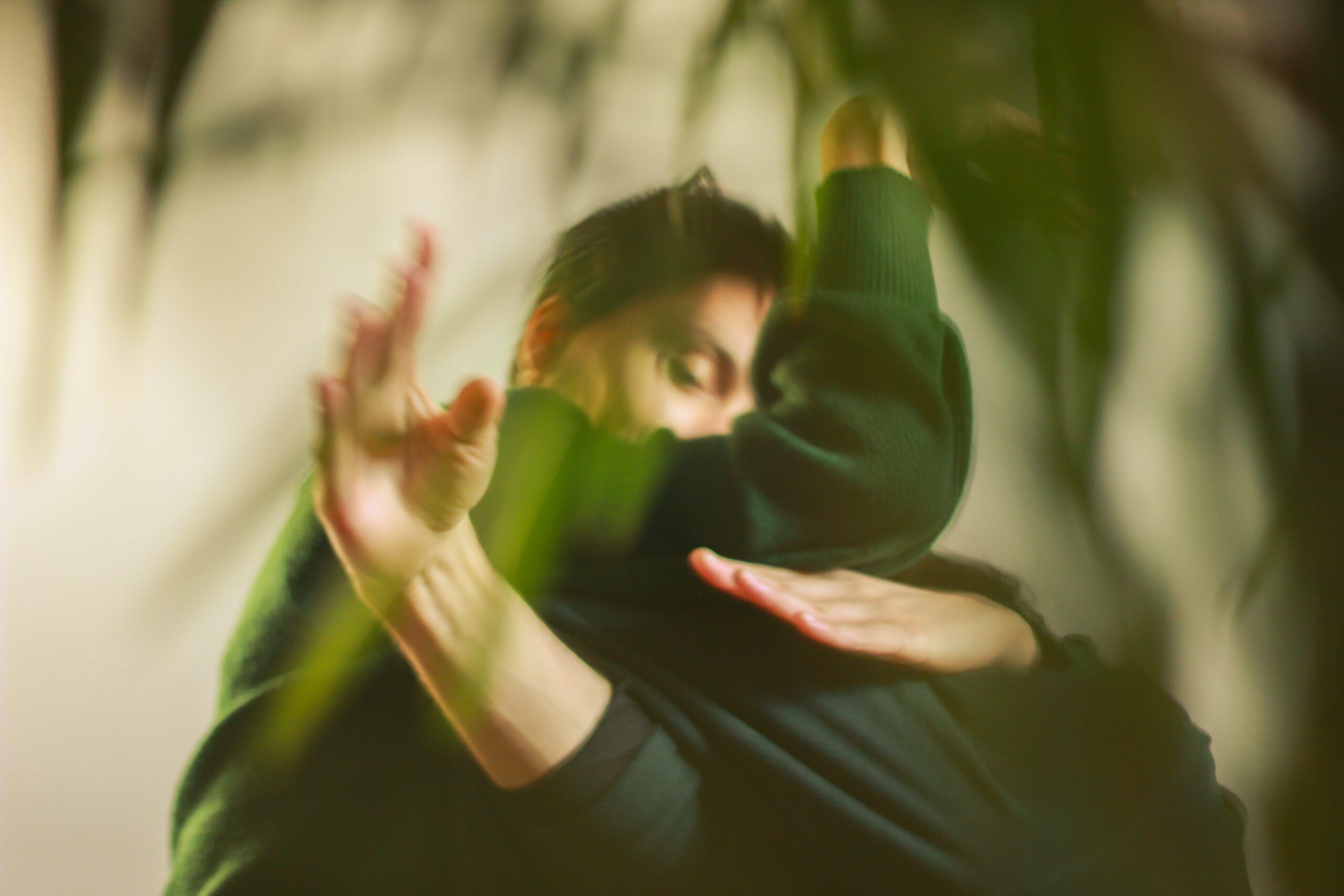Why Jiu-Jitsu for Self-Defense
By Maya Fliegel //
I have always been intrigued by martial arts of all kinds. The discipline, the body-mind coordination, the strength and of course the bad-assery. The self-defense aspect of knowing martial arts seemed secondary to me at first.
As a kid, I did Judo for a while and I liked it a lot. However, being a passionate, lifelong horseback rider, I had to decide at some point where I wanted to invest my resources—and horses won at that particular point in my life.
Later in my 20s, I reconnected with martial arts. I was told about Aikido and thought I should really like it. However, I tried it and I didn’t. I just couldn’t connect with it at the time. Luckily, that same day I got an introduction to Jiu-Jjitsu; an art that I had barely heard of at that point, and had no concept of what it entailed. Nevertheless, it immediately clicked with me.
So, why would I voluntarily let myself get tackled by a guy who is twice my size and weight? Because it is uncomfortable! We are almost always trying to make ourselves as comfortable as possible, but the world ultimately is not a comfortable place. The full experience of life contains many different forms of discomfort. Learning to cope with that is an invaluable tool.
In my first introduction to Jiu-Jitsu, I had no idea what the art would hold for me, but something aligned in such a way that I remained curious. A big draw for me personally was that I realized very quickly that my size, weight, and gender did not matter. The techniques allow a smaller person to fight a much bigger opponent—and that is where the self-defense component came in for me.
I had never had to defend myself before, but because I am not a very big person, I was always concerned that my size would put me at a huge disadvantage. Jiu-Jitsu showed me that I can be confident against bigger people; and that even if a fight goes to the ground (which would be the worst possible scenario) I still have a lot of good options. Now, even in the most compromising positions, I know I can get out—I can turn the situation around and end up on top.
When training in Jiu-Jitsu, you might find yourself feeling like someone is quite literally choking the life out of you, but then realizing that you can still breathe and that it’s ok; there is a little bit of space to work with – a tiny little gap. Recognizing that gap becomes key. The gap in Jiu-Jitsu manifests as a physical gap, but it is also a mental gap. A moment of clear seeing; a moment of being able to relax and let go of the idea of having to hold on so hard and fight so desperately, and understanding that you are going to be ok. That experience is applicable on the mat, but also anywhere in life.
The idea of learning how to defend yourself can be both exciting and scary. Exciting because it can be empowering, confidence building, and it can teach you about the boundaries of your body and other peoples bodies. Scary, because the idea of having to defend yourself is innately terrifying. Any situation that causes one to lay hands on somebody else or fight for their life is—generally speaking—not a good one. Because of this, self-defense trainings are often promoted by triggering people’s fear, especially for women.
At 4 Rings, that is not our goal. We do not want to promote fear. We want to promote confidence. We don’t believe that you only need to do a self-defense workshop if you live in a dangerous neighborhood or are traveling alone. We believe that a self-defense workshop can benefit anyone who wants to challenge themselves and cultivate confidence and strength (physically and mentally).
It should be noted that only knowing Jiu-Jitsu for self-defense may not be sufficient, as it does not teach good techniques for stand up or encounters with weapons. It is, however, the strongest method you can train in for any kind of fight on the ground.
4 Rings teaches self-defense specifically through a method we’ve pioneered called HERA. Check our calendar for upcoming workshops, or contact us to arrange a private training for yourself, your group or your company. We’d also like to invite you to join us for our upcoming weekend-long training at Shambhala Mountain Center.
About the Author

Featured image by Nathan Dumlao on Unsplash


